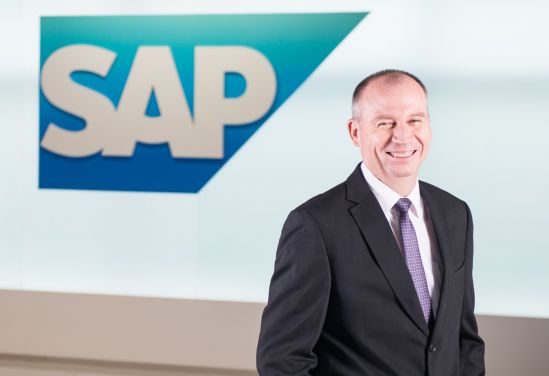SAP Malaysia believes that, within today’s digital economy, customers have become more discerning with a preference for customised products to their individual taste and liking.
According to its managing director, Duncan Williamson, two main factors customers look for today are individualisation and speed.
“Expectations have changed in terms of the timeline, and quality of what is needed for delivery has changed.
“Customers want their products faster, which is why it has become more critical than ever for enterprises to similarly transform themselves to be more agile and nimble to be able to respond quickly to such demands,” said Williamson to Malaysian Business.
“In simple terms, the digital economy is about customisation and individualisation.
“The real critical ability for enterprises today is to be able to look at patterns and connect the dots,” he added.
Inevitably, there would be volumes of data involved.
“However, all that data can be harnessed with technologies like artificial intelligence, machine learning, the internet-of-things and advanced analytics to give the end-consumer what they want, when they want it and at a cost that is efficient,” explained Williamson.
This then gives rise to the need for local enterprises to transform themselves to be “intelligent” so as to increase enterprise and ecosystem visibility, direct scarce resources to areas where they would have the greatest impact, while building flexibility and insight into business processes that can rapidly respond to change.
“Intelligent enterprises are able to pivot towards the right outcomes and guard against disruptive competitors,” said Williamson.
“They are also able to eliminate data silos and automate data wrangling and integration.”
“What’s more, these intelligent enterprises can also recognise unseen patterns and gleam insights to better service customers,” he added.
Williamson explained that intelligent technologies combined with industry collaboration and pervasive simulations play a great part in helping enterprises reduce downtime while boosting overall revenue and performance from design to operations.
“A fully realised intelligent enterprise comes from a position of strength whereby it has successfully leveraged on the volumes of data available to generate new revenue streams,” said Williamson.
“It is about maximising the value of an enterprise’s data assets, and turning the data into precious insights that are able to empower employees to operate with increased visibility, focus and agility.”
“By transforming into intelligent enterprises, businesses are also better able to respond to individual customer needs, engage talent in new ways and create disruptive business models that are critical industry imperatives,” he added.
“Intelligent enterprises are also able to generate higher outcomes, greater return-on-investment, increased productivity and consistent profitability,” concluded Williamson.
SAP today serves 404,000 customers in some 180 countries throughout the world, including 92 per cent of Forbes Global 2000 companies.


